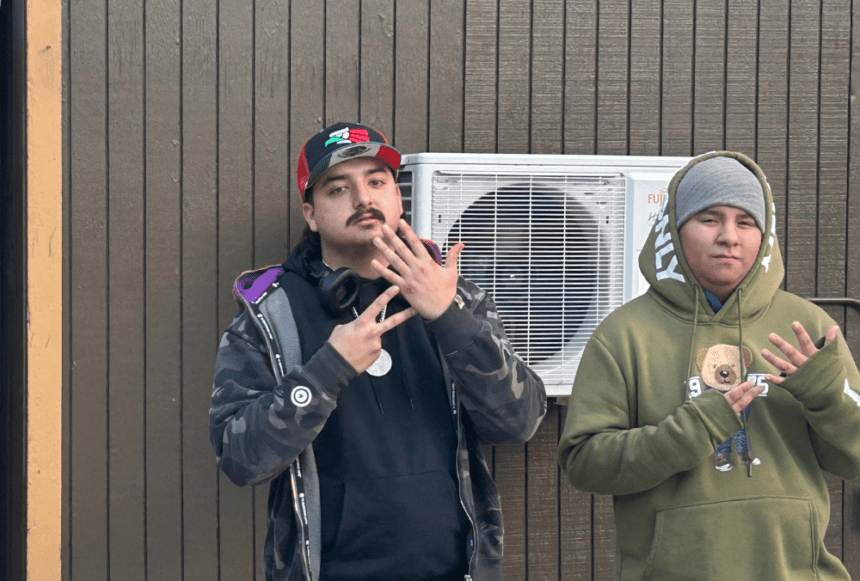Magic City Mafia has officially unleashed their hard-hitting single, “Poppa Jigga,” a gripping portrayal of life in the 406 that promises to shake up the underground rap scene. The Billings, Montana duo—Mason Quest (MCM Malice) and Takoda Guzman—bring unfiltered emotion and street-smart authenticity to this track, diving deep into the harsh realities of gang culture, survival, and ambition. With its unapologetic flow and gritty storytelling, “Poppa Jiga” cements Magic City Mafia as a powerful new voice in hip-hop, delivering a message that echoes far beyond their hometown.
Growing up in Billings, Montana, what specific experiences or challenges shaped your music and identity as a duo?
We have had a lot of challenges and experiences that have shaped our music. Some of our biggest challenges have been the gang violence we have been involved in. Some we would not like to incriminate ourselves with. One situation involved us being caught up in a shooting. A person from a rival gang died; neither one of us pulled the trigger, but that turn of events affected our lives and our music.
How did your early lives influence the themes you explore in your music, particularly in songs like “Poppa Jigga” and “Asesino”?
Our early lives were difficult and full of addiction and hardship. We wanted to portray it through our music as a way to put out our emotions and pain into the world. “Poppa Jigga” shows a raw and unhinged side of life, while “Asesino” shows the darkness of life, showing what happens to snitches.
Both of you have drawn inspiration from icons like 2Pac and N.W.A. What is it about their music and legacy that resonates with you the most?
2pac and N.W.A. are definitely our biggest influences, showing us that anyone who has motivation can have potential. Even when someone says you don’t, we definitely do. And if an opportunity doesn’t happen right away, we can make it happen. Their music shows the raw side of the gang life, as does ours.
Mason, you’ve spoken about using rap as an outlet. Can you share the moment you realized music could be a way out for you?
The moment I realized that rap could be a way out for me was when I was listening to XXXTentacion one day in middle school. I liked his music as I also liked N.W.A. and decided to make a mixture of it. People said it was good, and I just kind of went from there; my depression was cured, it felt like.
Takoda, you started freestyling at 11. Do you remember your first freestyle, and how did it shape your confidence as an artist?
I don’t exactly remember my first freestyle, but I do remember all my friends dug how good I was. I made sure to continue with my music, and I felt like I was free from the chains of insecurities, so I keep doing it.
What does your creative process look like when you’re working on new music? Do you collaborate on every track, or do you divide certain aspects of the writing and production?
We don’t exactly collaborate on every track; we have some songs that we do our own but most we do together. Sometimes Mason will find beats and I’ll write; sometimes I’ll find beats and he’ll write; sometimes we do it together.
“Poppa Jigga” gives a glimpse into drill culture in Billings. How do you approach representing a lifestyle that’s often misunderstood by those outside it?
We try to be upfront and honest with the facts that some people just won’t understand this dril culture; fortunately, we do have people who do understand and will listen to what we have to say. Representation is easy because we have lived it.
With the release of “Poppa Jigga,” what do you hope people take away from it?
We hope that people will take away that life is short, and if you want to drill, then drill; if you want to just watch, watch, but either way, have respect for those trying to hustle.



